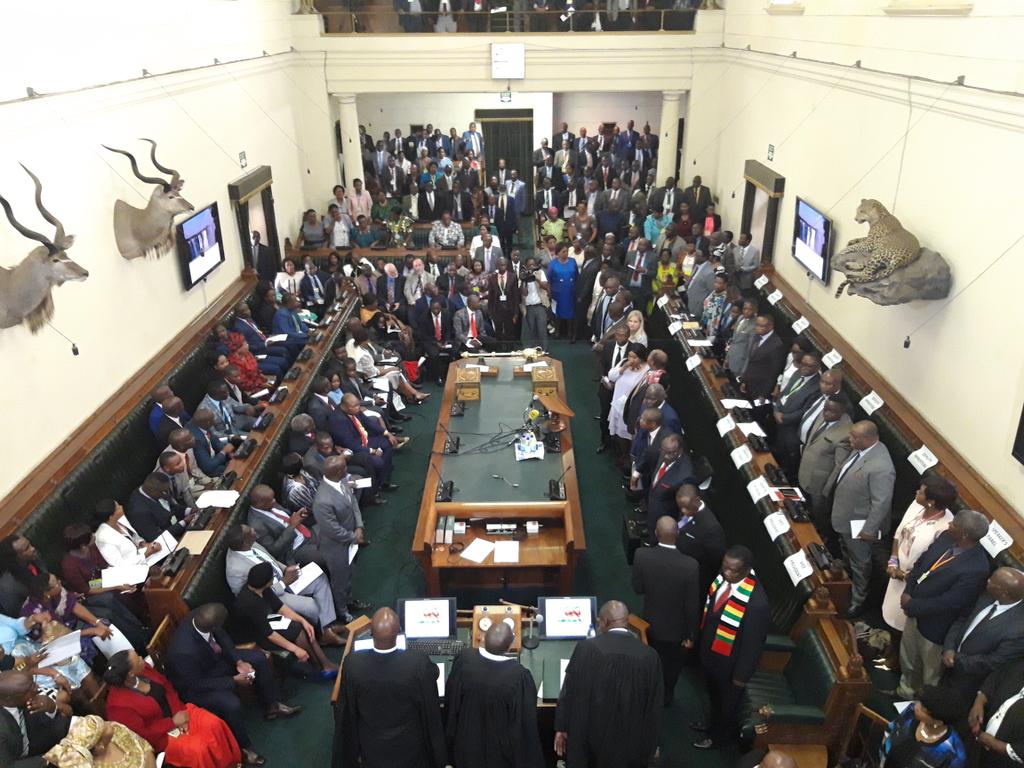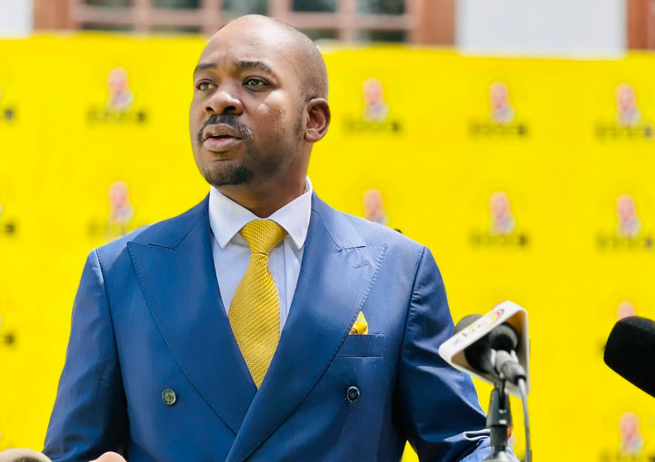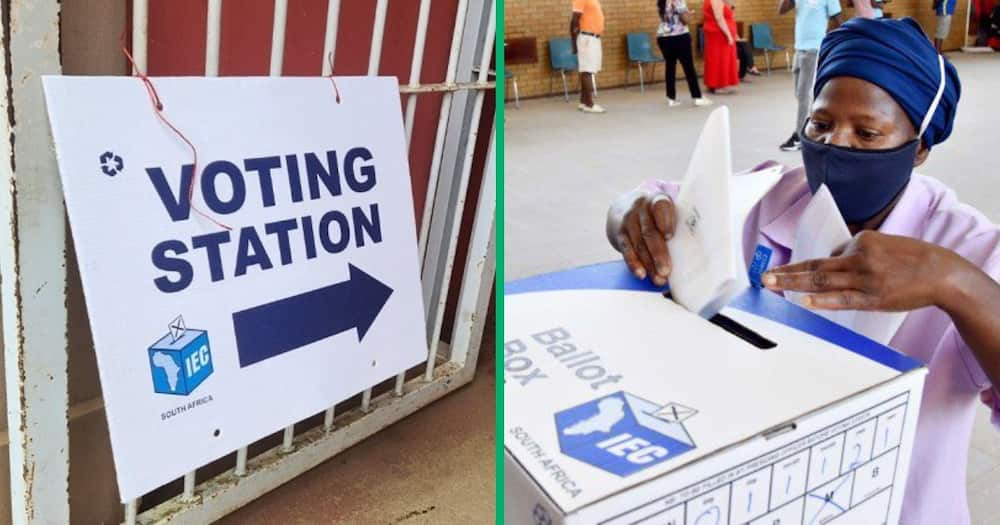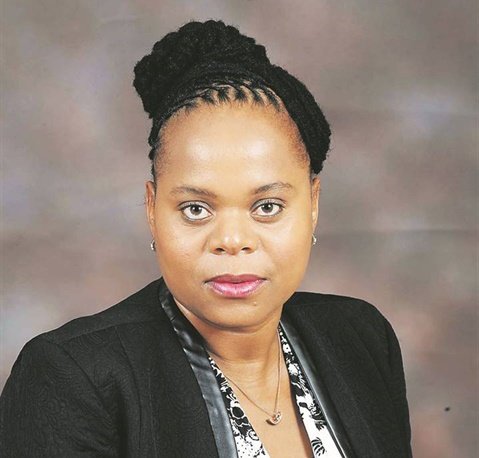Dr Bothwell Riside
There is nothing quite as difficult and arduous as being an MP in Zimbabwe. We are all aware of the constitutional roles and limitations of an MP in Zimbabwe, which include a representative, legislative, and oversight function. We also understand how an MP is elected into parliament and the strenuous path to achieving it. Being an MP has never been an easy task in Zimbabwe, and it remains challenging for incumbent MPs to retain their seats due to various factors.
Campaigning is a particularly tricky period for MPs. When campaigning or campaigning against the incumbent, they resort to unorthodox means such as vote buying and making false promises to deceive the electorate into voting for them. The aspiring MP uses their personal finances and assets to provide constituents with unrealistic and unsustainable hopes.
Some people receive money, while others get free groceries and the like. The aspiring MP’s presence in the constituency is felt during the campaign period, and people often feel like they are the best candidate for the job. The gullible electorate is the beneficiary of this manna galore.
But is this sustainable? Once elected, the new MP faces reality head-on. After lying to the electorate about the prospects of the constituency developing at an electric speed, they are faced with the harsh truth. If the MP is a business person or farmer, they are expected to be in parliament every Wednesday and attend workshops.
This means less time spent on their income-generating projects. The sitting allowances are intended for the MP and not the electorate. The monthly salary, which one might consider paltry, is only for the MP’s survival and not the electorate’s benefit. Because they made empty promises, their office is inundated with all sorts of problems, some that might seem silly but are not.
When a borehole malfunctions, people call the MP. When someone has issues with teachers or fees, they call the MP. When a child is not attending school, they call the MP. The list of demands is endless, covering areas such as village infrastructure, disability services, road repairs, electricity, job opportunities, community projects, the youth, Independence celebrations, and so forth.
People expect their MP to be a listening one, just like they were during the campaign period. If an MP cannot attend to their needs, they are deemed dishonest and bad. Schools with functions and all government departments invite an MP first, and if they do not attend, they are labelled ineffective.
The Constituency Development Fund (CDF) is the only money that a sitting MP can influence how it is used. However, recently it was only $50,000. In a constituency as vast as Murewa West, that amount is practically useless. For example, it costed Pakati school OSA and SDA almost $250,000 to construct a standard teacher’s house. That is just a drop in the ocean. The needs of a constituency amount to over a million dollars annually, and an MP has no source of income.
This is why incumbent MPs are being disfavoured, but it is not due to their incompetence. The national politics have transformed, and poverty makes people susceptible to manipulation. After gaining office, the once-aspiring MP realizes that the grass is not as green as it seemed. Some people lost their income because they wanted to be MPs and never recovered. There are personal privileges, but the cost-benefit analysis reveals that there are more costs than benefits. The stress of the job is a result of the MP’s own doing.
Themba Mliswa is a remarkable Member of Parliament who has demonstrated unparalleled effectiveness, in my opinion. What makes him stand out is that he is an independent MP, unlike many others who are sponsored by political parties, and thus subject to various constraints. As an independent MP, Mliswa is able to speak and debate freely in parliament without fear of reprisals outside of it.
In contrast, we have seen examples of party-sponsored MPs who have been punished by their constituencies for expressing unpopular views, even if they were good ideas. In Zimbabwean politics, it is not uncommon for bills to be debated along party lines, regardless of their merit. MPs are often compelled to criticize the opposition and refrain from scrutinizing the president if they are members of the ruling party, while those in opposition are always looking for negative aspects to criticize.
Mliswa’s independence has enabled him to pursue his own initiatives for the betterment of his constituency. He has formed committees that bring together all sectors of the community and has an executive committee that keeps him in touch with the goings-on in the constituency. He even has a WhatsApp group where he responds to every issue raised, showing a level of engagement that is rare in Zimbabwean politics.
Written By Dr Bothwell Riside : Educational Technology Specialist and political analyst based in South East Asia.





0 Comments